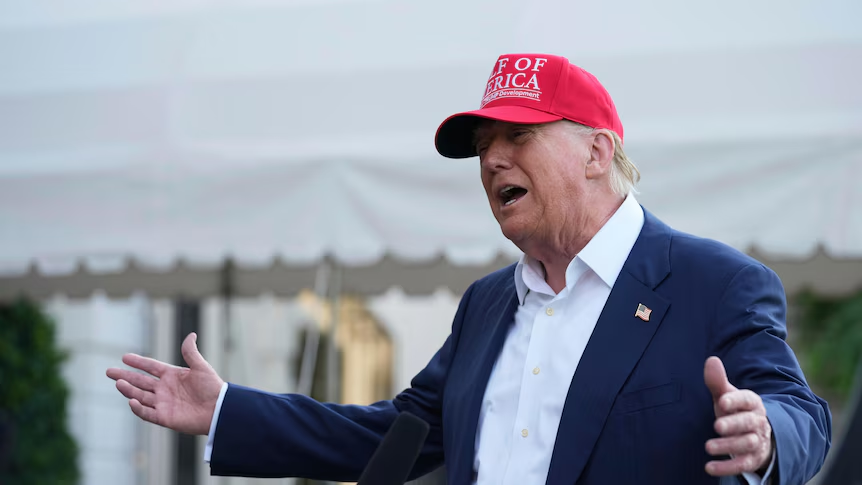Key Impact Points:
- McDonald’s shifts its DEI strategy, retiring diversity and equity goals to focus solely on inclusion under the “Golden Rule.”
- Legal pressures, including a Supreme Court ruling and state warnings, prompt corporations like McDonald’s to reevaluate DEI policies.
- Research and public opinion increasingly challenge the effectiveness and perception of traditional DEI programs.
McDonald’s Shifts Focus to Inclusion
McDonald’s has announced a significant shift in its diversity, equity, and inclusion (DEI) strategy, emphasizing “inclusion” while phasing out the terms “diversity” and “equity.” The company’s updated approach is outlined in a letter from CEO Chris Kempczinski, who stated, “We are immensely proud of our accomplishments, but we are not satisfied. Our commitment to inclusion requires ongoing focus.”
Kempczinski explained that McDonald’s will adhere to its “Golden Rule” – treating everyone with dignity, fairness, and respect – as the foundation of its inclusion efforts. This adjustment aligns with a growing trend among corporations refining their DEI strategies in light of legal, public, and operational challenges.
Accomplishments and Adjustments
The company highlighted achievements in diversifying employee representation, supplier networks, and franchisee applicants. These efforts reflect what Kempczinski called the “three-legged stool” of inclusion. However, McDonald’s is retiring key DEI elements, including:
- Aspirational representation goals.
- Third-party survey submissions, such as the Human Rights Campaign’s Corporate Equality Index.
- Required DEI pledges for suppliers.
- Renaming the Global DEI Center of Excellence to the Global Inclusion Team.
Doug Melville, a DEI expert, views these changes as an evolution, not a rollback, of McDonald’s DEI policies.
Legal and Public Pressure
The decision follows last year’s Supreme Court ruling against Harvard’s admissions policy, which raised concerns about the legality of race-based initiatives in corporate settings. Attorneys general from 13 states have warned companies against race-based practices, stating, “Treating people differently because of the color of their skin, even for benign purposes, is unlawful and wrong.”
Beyond legal risks, public opinion is also shifting. A Pew survey revealed growing skepticism about DEI efforts, with 21% of workers now viewing such initiatives as negative, up from 16% earlier in the year.
Rethinking DEI Effectiveness
Recent studies challenge the business case for DEI. Research by McKinsey has been called into question for lacking statistical validity. Meanwhile, studies from institutions like Rutgers University indicate that DEI training may exacerbate intergroup tensions rather than fostering unity.
Leadership with Foresight
McDonald’s proactive approach included commissioning a Civil Rights Audit by WilmerHale. The audit affirmed its accomplishments while recommending updates to align with evolving legal and social landscapes. “We benchmarked our approach to other companies that are re-evaluating their own programs,” Kempczinski noted.
By prioritizing inclusion and adopting its “Golden Rule” ethos, McDonald’s aims to strengthen its connection with customers and navigate a complex cultural and legal environment. As the company moves forward, its refined strategy reflects both caution and a commitment to fostering a more inclusive workplace.

 Follow SDG News on LinkedIn
Follow SDG News on LinkedIn











